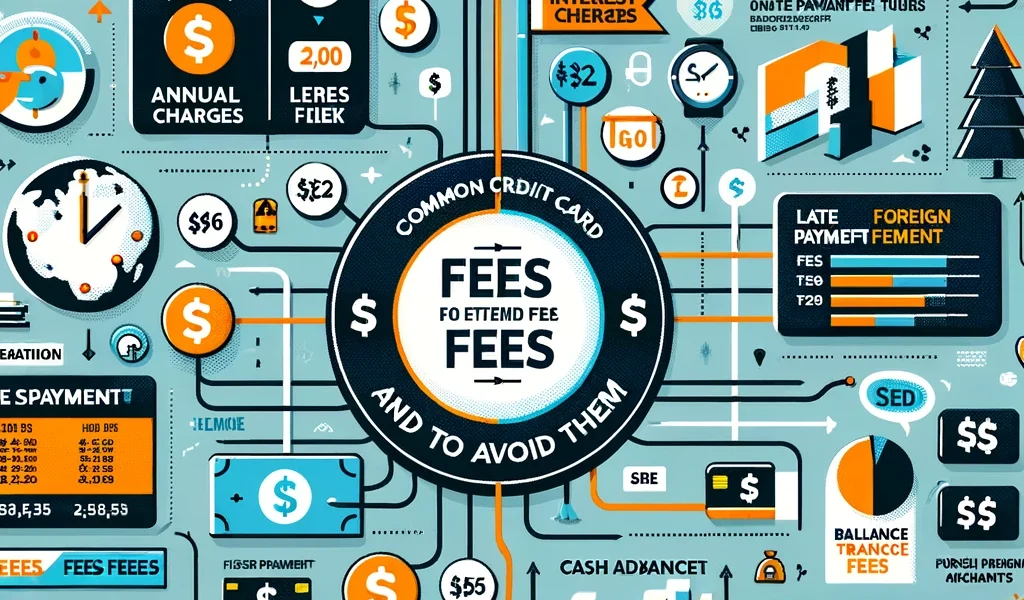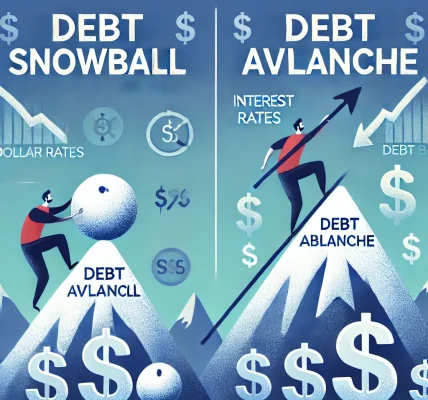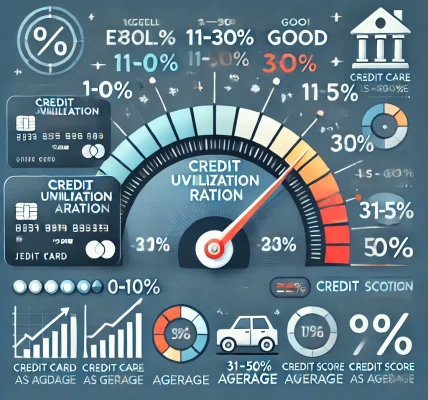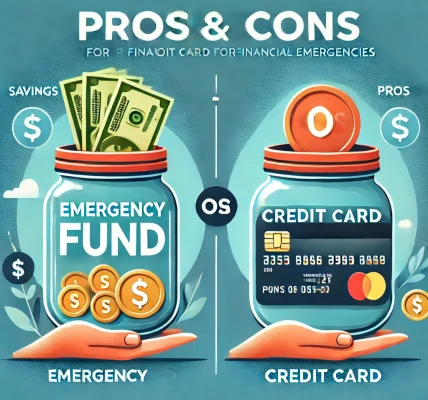Credit cards can be an excellent financial tool when used wisely, but they often come with hidden fees that can add up quickly. Many cardholders are unaware of these charges until they see their statements, leading to unnecessary expenses. Understanding these fees and how to avoid them can save you money and improve your financial health.
In this guide, we’ll break down the most common credit card fees, how they work, and practical strategies to avoid them.
1. Annual Fees
What Is an Annual Fee?
An annual fee is a charge that some credit card issuers require you to pay each year simply for having the card. These fees can range from $25 to over $500, depending on the card’s benefits.
How to Avoid It:
- Choose a No-Annual-Fee Card – Many credit cards do not charge an annual fee while still offering good rewards.
- Negotiate with Your Card Issuer – If you have a good payment history, some issuers may waive the fee.
- Justify the Cost – If your card offers valuable perks (like travel rewards), ensure you’re getting more value than what you pay.
2. Interest Charges (APR)
What Are Interest Charges?
Interest is the cost of borrowing money on your credit card. If you don’t pay your balance in full each month, you’ll incur an Annual Percentage Rate (APR), which can range from 15% to 30%.
How to Avoid It:
- Pay Your Balance in Full – Avoid carrying a balance to prevent interest from accruing.
- Use a 0% APR Introductory Offer – Some cards offer an interest-free period for a limited time.
- Look for Low-Interest Credit Cards – If you must carry a balance, opt for a card with a lower APR.
3. Late Payment Fees
What Is a Late Payment Fee?
If you miss your credit card due date, you’ll be charged a late fee, typically $25 to $40. Repeated late payments can also damage your credit score.
How to Avoid It:
- Set Up Auto-Pay – Automate at least the minimum payment to avoid late fees.
- Enable Payment Reminders – Use your bank’s notification system to remind you of due dates.
- Request a Fee Waiver – If you rarely pay late, your issuer may waive the fee upon request.
4. Foreign Transaction Fees
What Is a Foreign Transaction Fee?
When you use your credit card abroad or for purchases in a foreign currency, you may be charged a foreign transaction fee of around 1% to 3% per transaction.
How to Avoid It:
- Choose a No-Foreign-Transaction-Fee Card – Many travel-friendly credit cards eliminate this fee.
- Use Local Currency When Traveling – Some merchants give you the option to pay in your home currency, but this may come with extra charges.
5. Cash Advance Fees
What Is a Cash Advance Fee?
A cash advance allows you to withdraw cash from an ATM using your credit card, but it often comes with a high fee (usually 3% to 5%) and an immediate interest charge.
How to Avoid It:
- Avoid Using a Credit Card for Cash Withdrawals – Use a debit card or emergency savings instead.
- Check for Better Alternatives – Some cards have lower cash advance fees; compare before using this option.
6. Balance Transfer Fees
What Is a Balance Transfer Fee?
If you move a balance from one credit card to another, you may be charged a balance transfer fee of around 3% to 5% of the transferred amount.
How to Avoid It:
- Look for No-Fee Balance Transfer Cards – Some cards offer promotional periods with no transfer fees.
- Do the Math – If transferring saves you money on interest, the fee might be worth it.
7. Over-Limit Fees
What Is an Over-Limit Fee?
If you exceed your credit limit, your issuer may charge an over-limit fee, typically around $25 to $35.
How to Avoid It:
- Monitor Your Spending – Keep track of your balance to avoid exceeding your credit limit.
- Opt Out of Over-Limit Protection – If you opt out, transactions that exceed your limit may be declined instead of triggering a fee.
8. Returned Payment Fees
What Is a Returned Payment Fee?
If your payment fails due to insufficient funds or another issue, your bank may charge a returned payment fee (around $25 to $40).
How to Avoid It:
- Ensure Sufficient Funds in Your Account – Double-check your balance before making a payment.
- Use a Backup Payment Method – Have an alternative payment source ready in case of a failed transaction.
9. Inactivity Fees
What Is an Inactivity Fee?
Some issuers may charge a fee if you don’t use your credit card for an extended period.
How to Avoid It:
- Use Your Card for Small Purchases – Make a small purchase every few months to keep the account active.
- Consider Closing Unused Cards – If the card isn’t benefiting you, closing it may be a better option.
Final Thoughts
Understanding credit card fees is crucial for managing your finances effectively. By being aware of potential charges and knowing how to avoid them, you can save money and make the most out of your credit card.
To summarize:
- Always pay on time to avoid late fees and interest charges.
- Choose a card with minimal fees that align with your spending habits.
- Monitor your credit card usage to prevent unnecessary fees.
- Read the fine print before applying for a credit card.
Being proactive about your credit card management will help you avoid unnecessary expenses and build a strong financial future.




